Australian nuclear test veterans to get service medal
After years of campaigning, Aussie veterans and scientists embroiled in British nuclear tests will be saluted with medals.
World
Don't miss out on the headlines from World. Followed categories will be added to My News.
Selfless Australian soldiers who showed incredible heroics in bomb blast experiments that helped build Britain’s nuclear deterrent will be saluted with medals in a move branded “too little, too late” seven decades on.
Surviving veterans and their families say British Prime Minister Rishi Sunak’s decision to recognise 22,000 nuclear test veterans and scientists involved in the British atomic bomb blasts at Maralinga, Emu Field and Monte Bello Islands after “70 years of denial” is a “start” but comes too late for the soldiers, many of whom have died from radiation-linked cancers.
“Why are they coming out with medals now, most of the veterans have died of cancers after their bodies were contaminated in radioactive hot spots,” war widow Ethne Rodgers said.
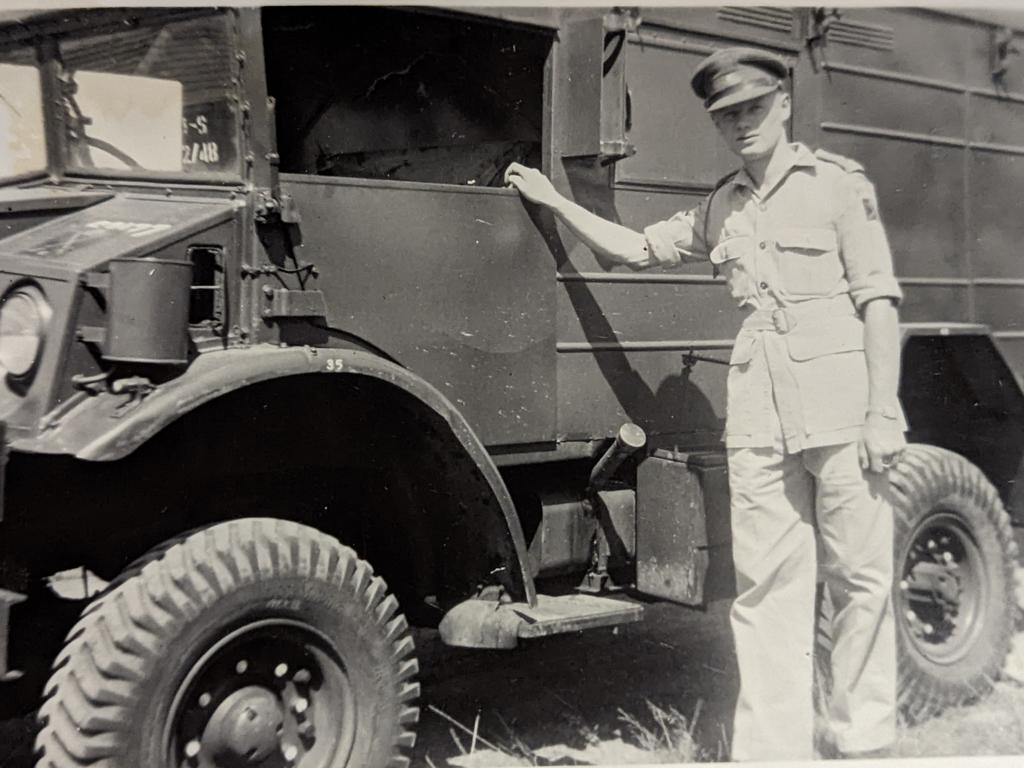
Ms Rodgers’ late husband Noel was a captain with the Royal Australian Corps of Signals regiment. He suffered cancer of the bladder and pelvis after his one-month posting in 1960 monitoring the radioactive fallout in Maralinga in the remote western areas of South Australia.
He died in 2013 aged 84 from the cancers Ms Rodgers maintains were a direct result of radiation poisoning.
“Noel’s not here to collect it,” said Mrs Rodgers, 89, who lives in Mornington, Victoria.
“His death was slow. He was sick for years and at first when he returned the doctors at the Victoria Barracks thought he was taking sickies as they couldn’t diagnose what was wrong.
“His body was contaminated, he wasn’t given protective clothing, he went to Maralinga in white overalls and sneakers,” Ms Rodgers said.
“Maralinga killed people. The British and Australian governments have refused to acknowledge radiation poisoning.”
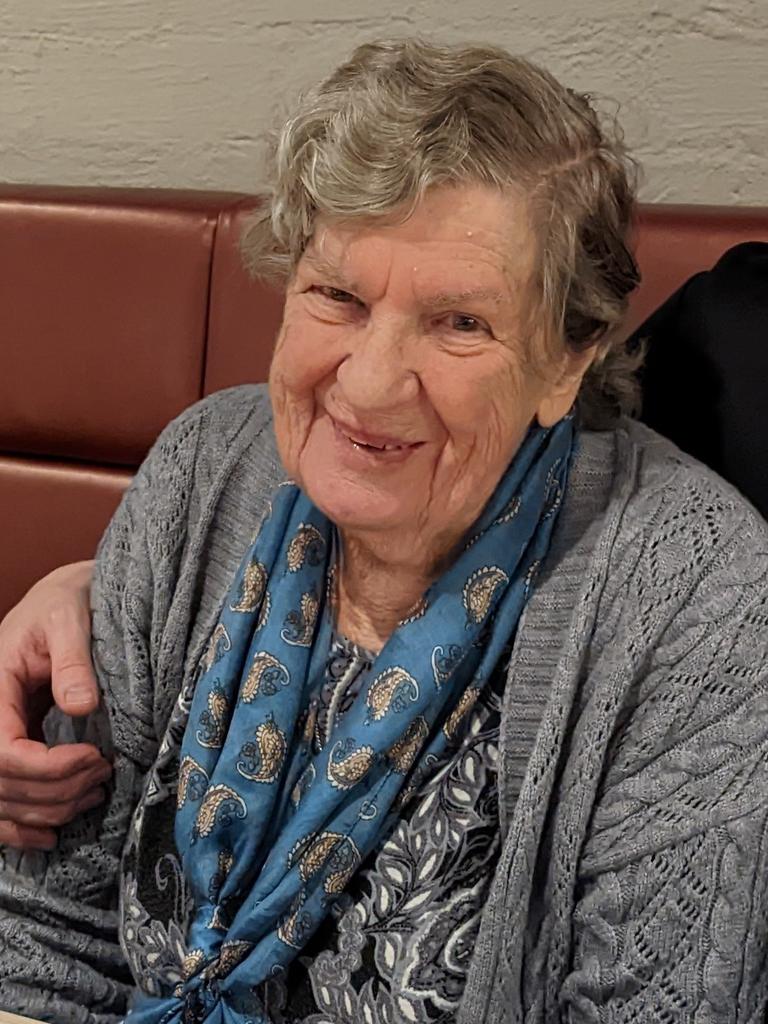
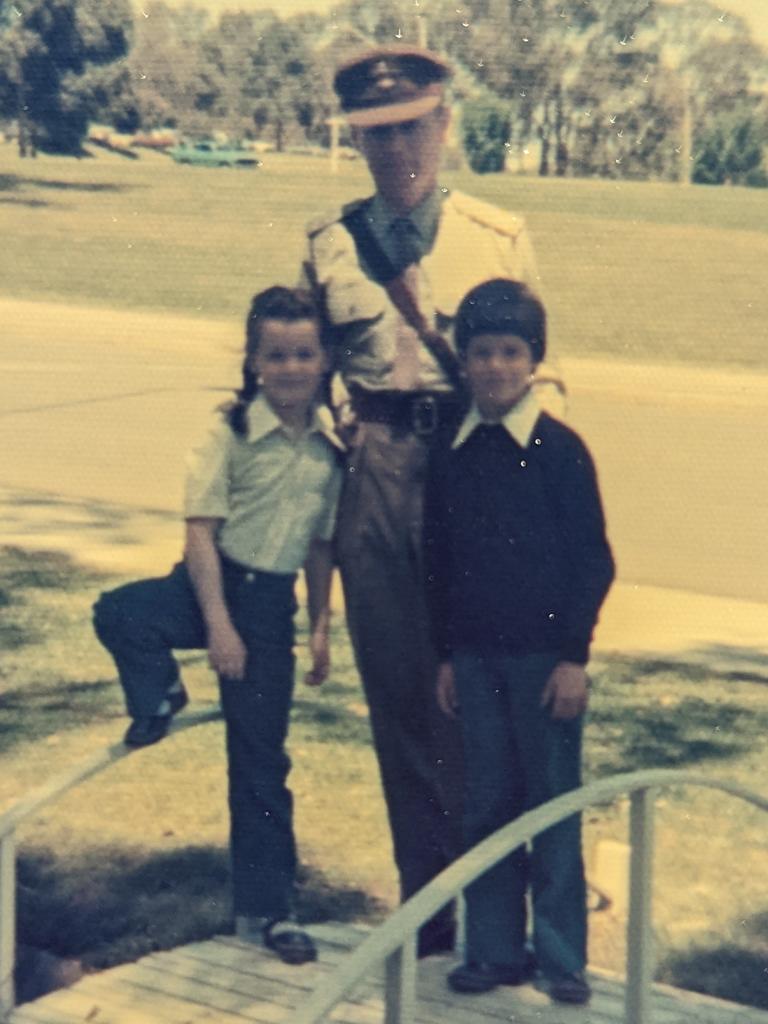
The British Government conducted seven nuclear tests at Maralinga, about 800 kilometres north west of Adelaide, between 1956 and 1963.
Two major test series – Operation Buffalo in 1956 and Operation Antler the following year – saw atom bombs twice the size of the one that had levelled Hiroshima in 1945 explode.
The Maralinga site was also used for tests of nuclear weapons not involving nuclear explosions, which generated more contamination than the major detonations.
The site was left contaminated with radioactive waste, and an initial clean-up was attempted in 1967.
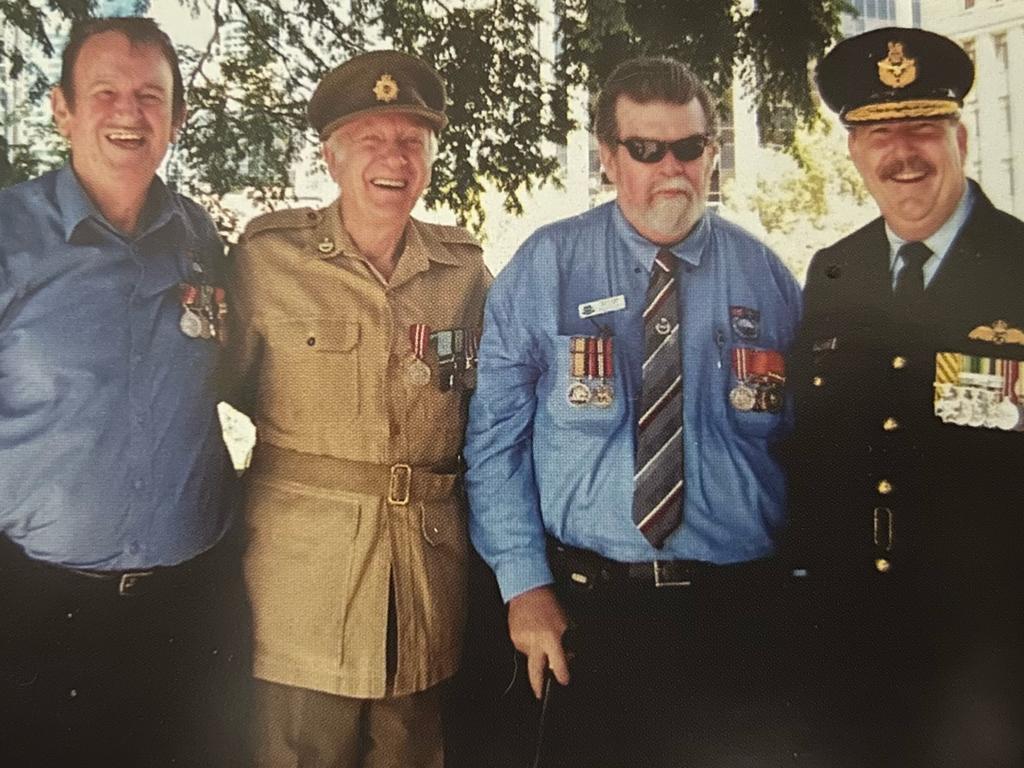
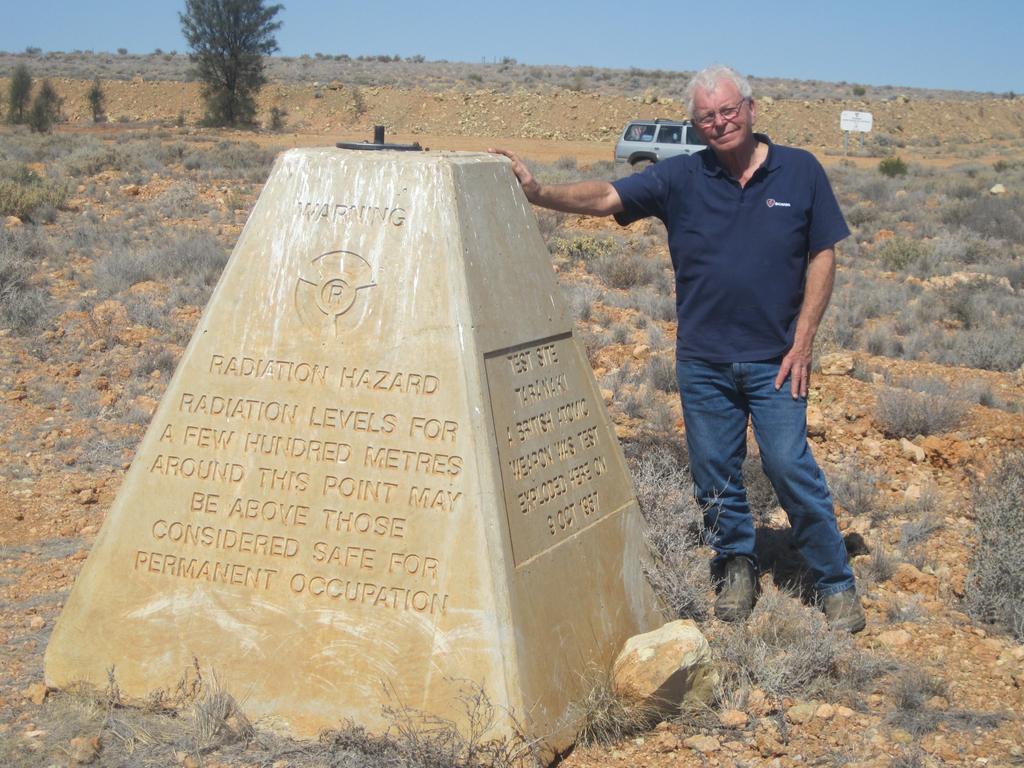
News of the Nuclear Test Medal introduced to mark the 70th anniversary since the first test of a British atom bomb was welcomed with some trepidation by Queenslander Terry Toon, who was part the fission bomb codenamed Kite, dropped from a height of 9000 meters on Maralinga at 2.27pm on 11 October 1956.
“The scientists said the cloud would spread north away from us, but it came south at us, like a fine pepper raining down,” Mr Toon said.
“We had to jump in a yellow three ton truck and race to Maralinga village. I couldn’t see anything but white for days. Now I have cataracts and restless leg syndrome.
“We’ve campaigned for a medal for years; it’s recognition of what we did but won’t take away the suffering or bring back the dead,” he said.
Former veteran Roy Vincent, 83, a mechanic attached to the Australian Army detection unit, has not suffered health problems but said he would reluctantly accept the medal to “celebrate those who died”.
LINK BETWEEN NUCLEAR TESTS AND ILL HEALTH DISPUTED
The decision to award veterans has given rise again to questions in Britain about liability for medical issues the veterans and their children have endured.
It has also taken the British government decades, and continual pressure from veterans, to agree to the service medal.
Veterans and families met at the National Memorial Arboretum earlier this week to pay tribute to the nuclear veterans.
Mr Sunak said: “I am incredibly proud we are able to mark the service and dedication of our nuclear test veterans with this new medal.
“Their commitment and service has preserved peace for the past 70 years, and it is only right their contribution to our safety, freedom and way of life is appropriately recognised with this honour.”
The UK became the world’s third nuclear power on October 3, 1952, with the success of Operation Hurricane – the detonation of a plutonium bomb on Montebello Islands in Australia.
Britain carried out hundreds more tests in the following decades at locations including Emu Field and Maralinga in Australia, Christmas and Malden Islands in Kiribati, and Nevada in the US.
The most notorious bomb was Operation Grapple Y in 1958, which was more than 100 times more powerful than the explosions at Hiroshima and Nagasaki.
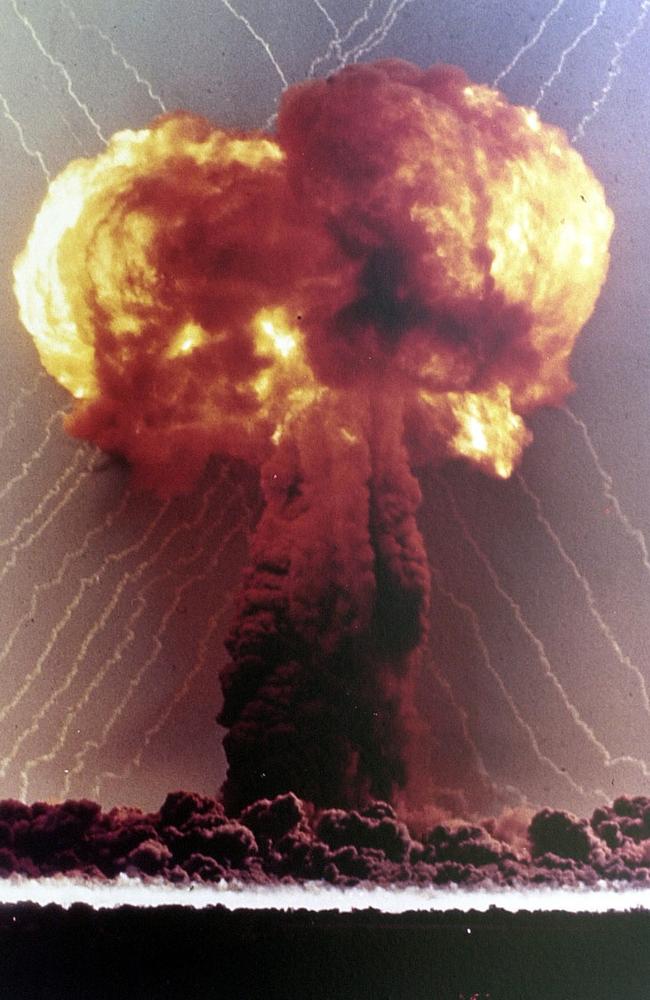
During WWII, the United States became the first nation to develop nuclear weapons, and the then-Soviet Union tested its first nuclear weapon in 1949.
The tests involved experimenting with plutonium and hydrogen bombs to determine their range and effectiveness.
Soldiers who took part were invariably exposed to high levels of radiation without adequate safety equipment and many went on to suffer rare cancers and disease, as did some of their children.
The Ministry of Defence (MoD) has firmly disputed the link between the nuclear tests and ill health, insisting several studies found no association.
Around 22,000 British soldiers and civilians witnessed hundreds of atomic tests and were exposed to radiation between 1952 and 1967.
An estimated 1500 are thought to survive today, although their efforts had never been formally recognised.
Scientists and employees from Australia, New Zealand, Fiji and Kiribati who worked under UK command are also eligible for the medals.
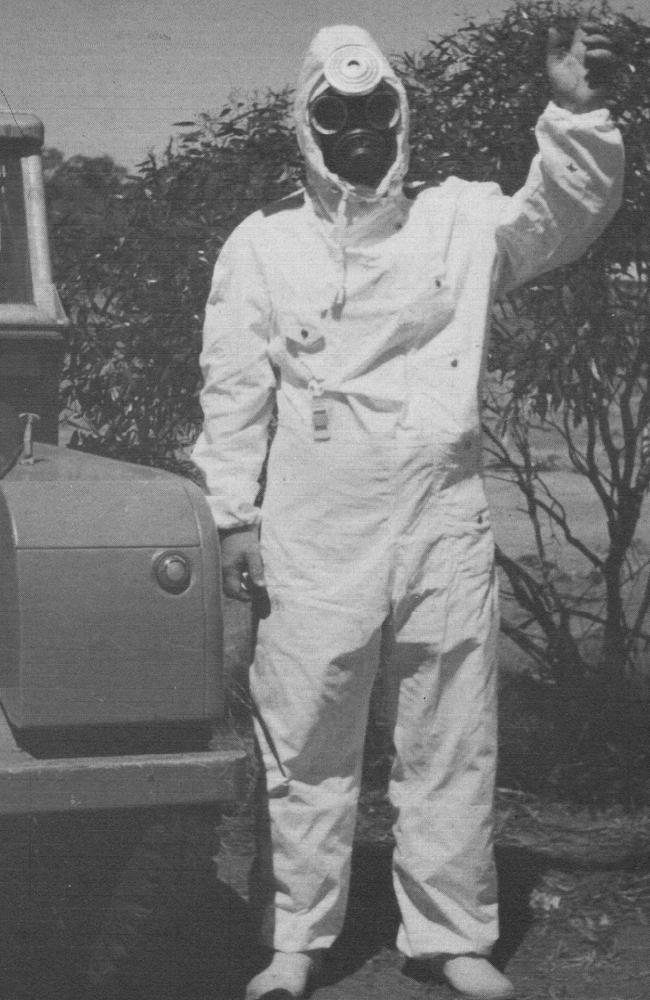
Mr Sunak’s announcement follows several years of campaigning by veterans and charities, and it coincides with the 70-year anniversary of Operation Hurricane.
Labrats International, which represents those affected by nuclear tests, launched a campaign called Look Me In The Eye in 2020, challenging then-prime minister Boris Johnston to meet with veterans and calling for their recognition through medals.
In June 2021, the charity’s founder Alan Owen met with Labour leader Sir Keir Starmer, and in June 2022 with Mr Johnson.
In the days before his resignation in July, Mr Johnson said that atomic test participants deserved medals and a process to award them was under way.
In December 2020, the Government’s military subcommittee advised against awarding atomic test veterans because they had not faced adequate risk, according to Labrats International.
Mr Johnson also indicated that he was not aware of the details of the nuclear testing program and how it affected soldiers.
According to The Mirror, during a meeting with veterans earlier this year, he said: “I have never been educated about this”.
Downing Street has said the first awards will be made in 2023.
Veterans will be able to apply for the medals and relatives of those who have died can apply for posthumous recognition.
More Coverage
Originally published as Australian nuclear test veterans to get service medal








